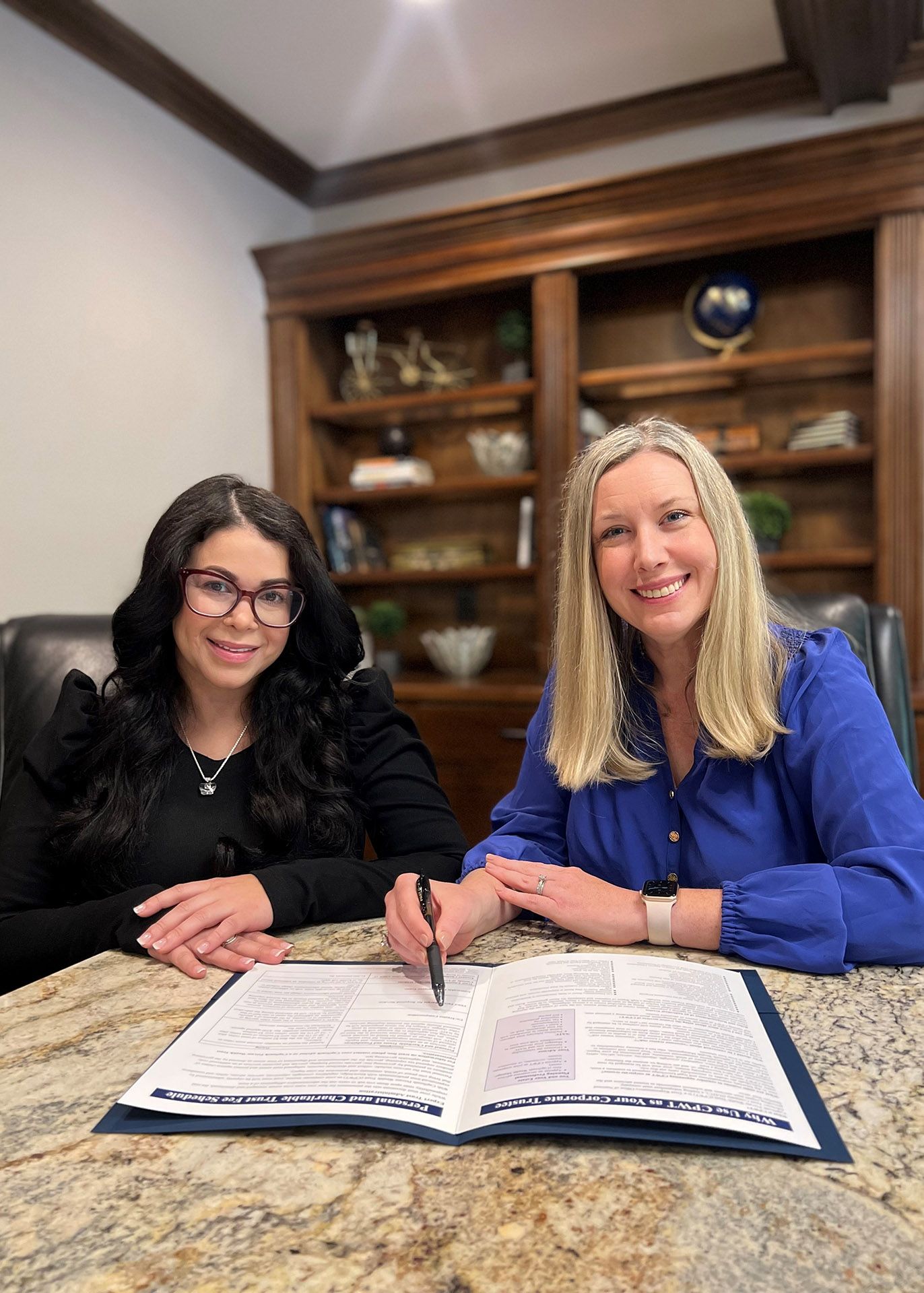Why You Don’t Need Assets to Work With a Financial Advisor
In the realm of financial planning, a common misconception persists: the belief that you need significant assets before working with a financial advisor. However, this notion couldn’t be further from the truth. Planning for your financial future is paramount, especially during your accumulation years when crucial decisions are made that can shape your later life.
Consider this: if you don’t start planning early, how do you really know that you can retire at that goal age you already have in mind? How will you know if you can afford insurance, to travel, or leave a legacy for your loved ones? The answers to these questions lie in proactive financial planning, regardless of your current asset level.
Working with a financial advisor shouldn’t be a step taken only when retirement is approaching. Instead, it’s about putting a unique-for-you, comprehensive plan in place to achieve your long-term financial goals. This proactive approach ensures that you’re equipped with the knowledge and strategies necessary to navigate life’s twists and turns.
One of the most significant benefits of early engagement with a financial advisor is gaining clarity on your financial trajectory. With a well-defined plan in place, you’ll have a roadmap outlining how to reach your goals, whether it’s retiring comfortably, traveling the world, or leaving a meaningful legacy.
However, it’s essential to understand that the role of a financial advisor extends far beyond occasional meetings at your workplace to discuss your employee 401(k). An effective advisory relationship should encompass ongoing guidance, regular touchpoints and meetings, education, and personalized support tailored to your unique circumstances and goals. A relationship with an advisor should be personal.
Many individuals underestimate the value of financial education and guidance, often unaware of what they don’t know. Yet, the importance of being informed about your financial options cannot be overstated. As the saying goes, “A goal without a plan is simply a wish.” By working with a financial advisor early on, you transform your unspoken retirement wish list into tangible plans, increasing the likelihood of seeing them come to fruition.
Ultimately, the decision to engage with a financial advisor as early as possible in your financial journey can yield invaluable benefits. It’s not about your current asset level but rather about setting a solid foundation for your financial future.
What fears are holding you back? What pain points do you have that need to be addressed? Perhaps, the thought of confronting your financial realities feels overwhelming or intimidating. Maybe there’s uncertainty about where to begin or skepticism about the value of financial planning. Though all these reasons are common and realistic, it’s crucial to recognize that the longer you delay addressing these concerns, the greater the potential impact on your long-term financial well-being. Procrastination can lead to missed opportunities and unnecessary stress down the road. By acknowledging your apprehensions and taking that first step towards financial empowerment, you can overcome obstacles and pave the way for a more secure future.
To learn more about our process and how to take the first step to work with an advisor at CapSouth Wealth Management visit our website at capsouthwm.com/what-we-do/ or Connect With Us.



